Blog

Get Composting for the Planet!
It's Earth Week! What better time to learn about composting and reusing. According to the EPA, 28% of our garbage is food scraps and yard waste.* Composting is a great way to help the Earth and help your garden, too!
Here are some tips to make composting a success!
- Keep your compost wet! Adding water to your compost and keeping it in a shady spot helps it to decompose faster.
- Layer your browns and greens. Browns are dry items such as twigs or dried leaves. Greens examples are grass clippings, apple cores or other kitchen waste.
- Aim for 50% browns and 50% greens. However, it is alright, and sometimes even recommended, to have more browns than greens!
- Bury kitchen scraps deep in the pile. This reduces the number of flies and creatures getting into your compost pile.
- Remember to mix your compost regularly! This allows oxygen to mix in, too, which encourages decomposers.
- Compost the right things to encourage decomposers like worms.
* You can learn more from the EPA's composting page!
Try my composting quiz below to test your knowledge!
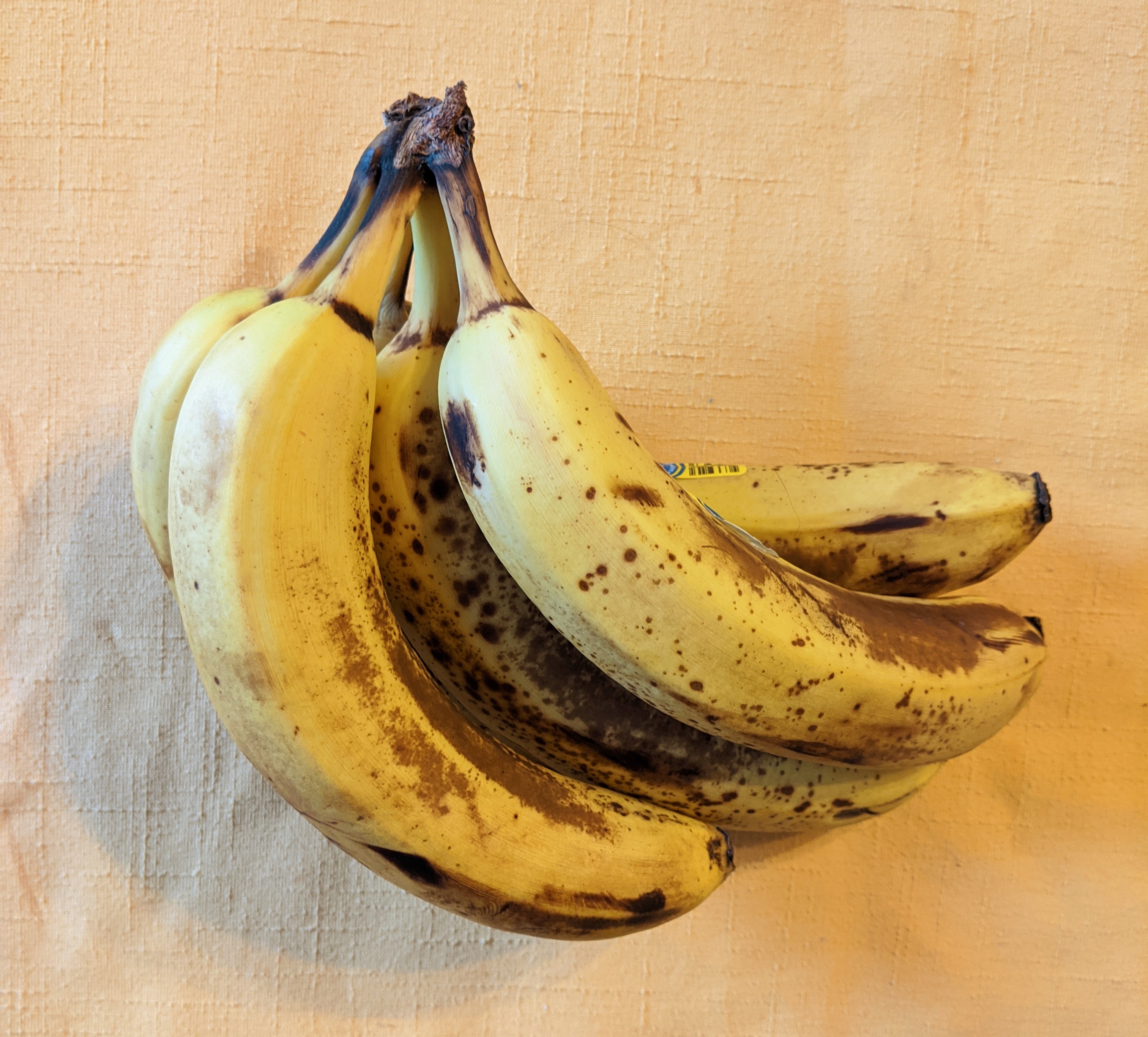
Bananas and banana peels? Yes! But make sure you remove the produce stickers.
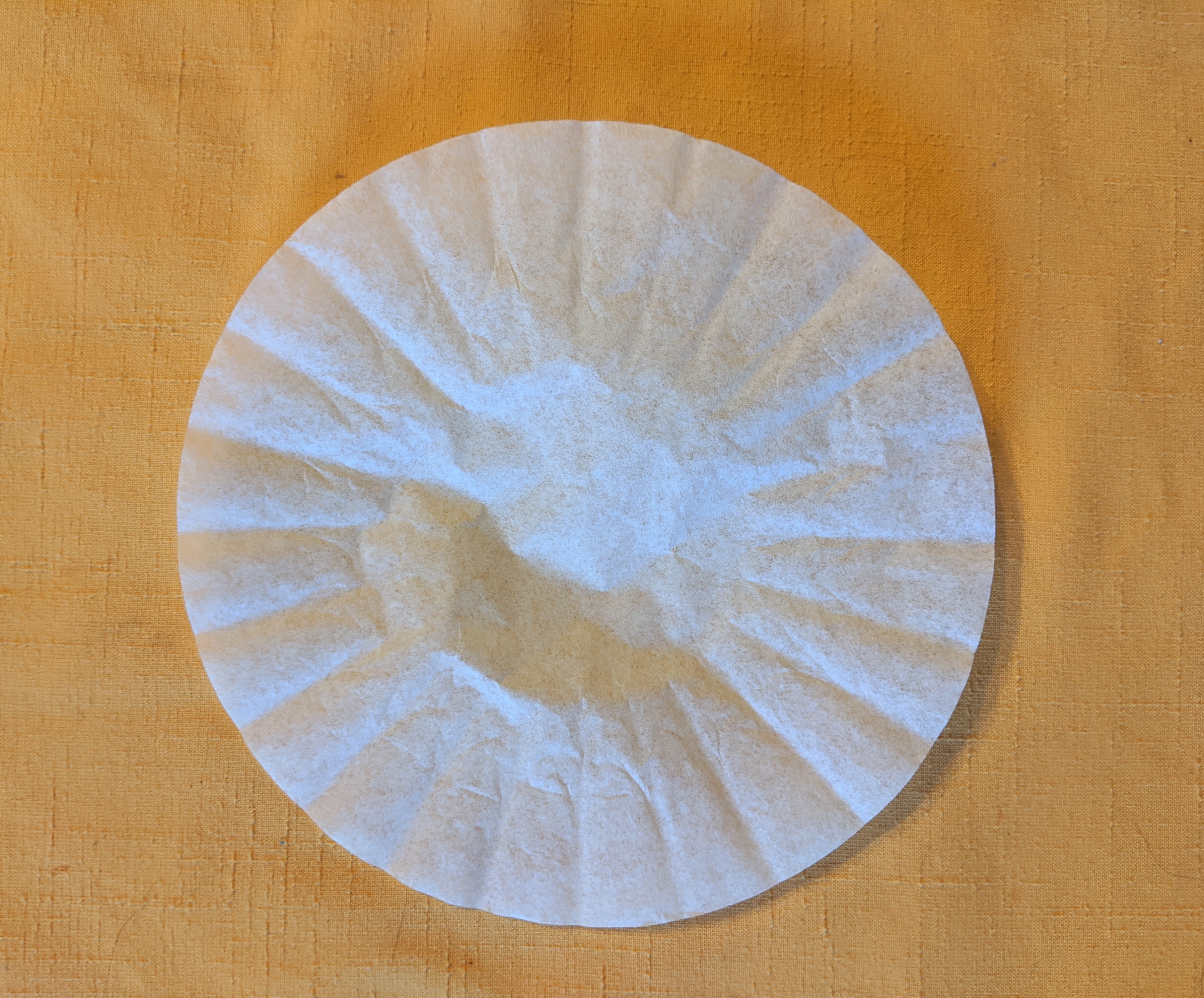
Coffee filters? Yes! Especially if they have been used to make coffee. Coffee grounds are great for compost, too.
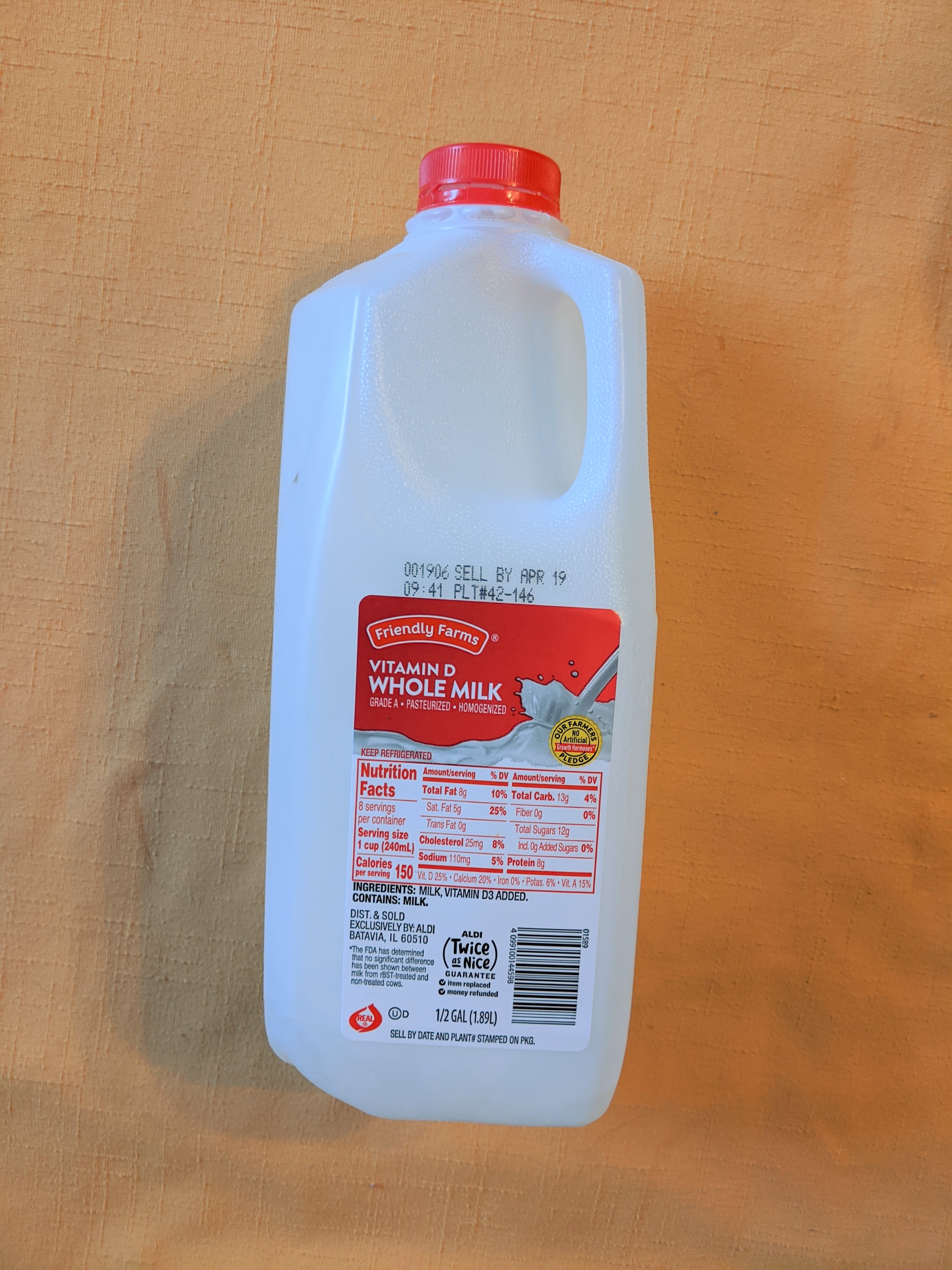
Milk? No, dairy is not good for your compost. It causes a lot of odor and attracts pests.
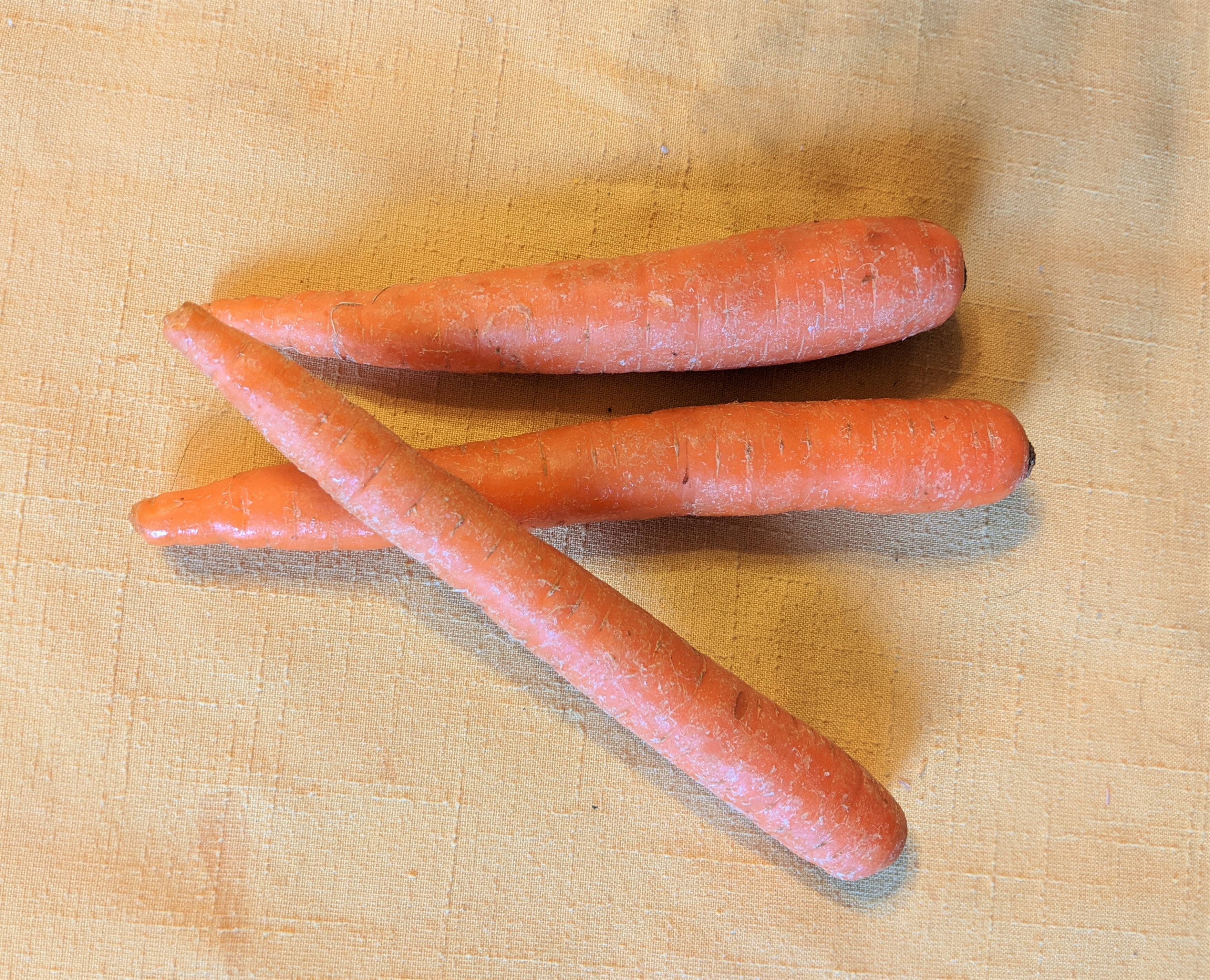
Carrots? Absolutely! Leftover carrot ends and peels are great for compost.
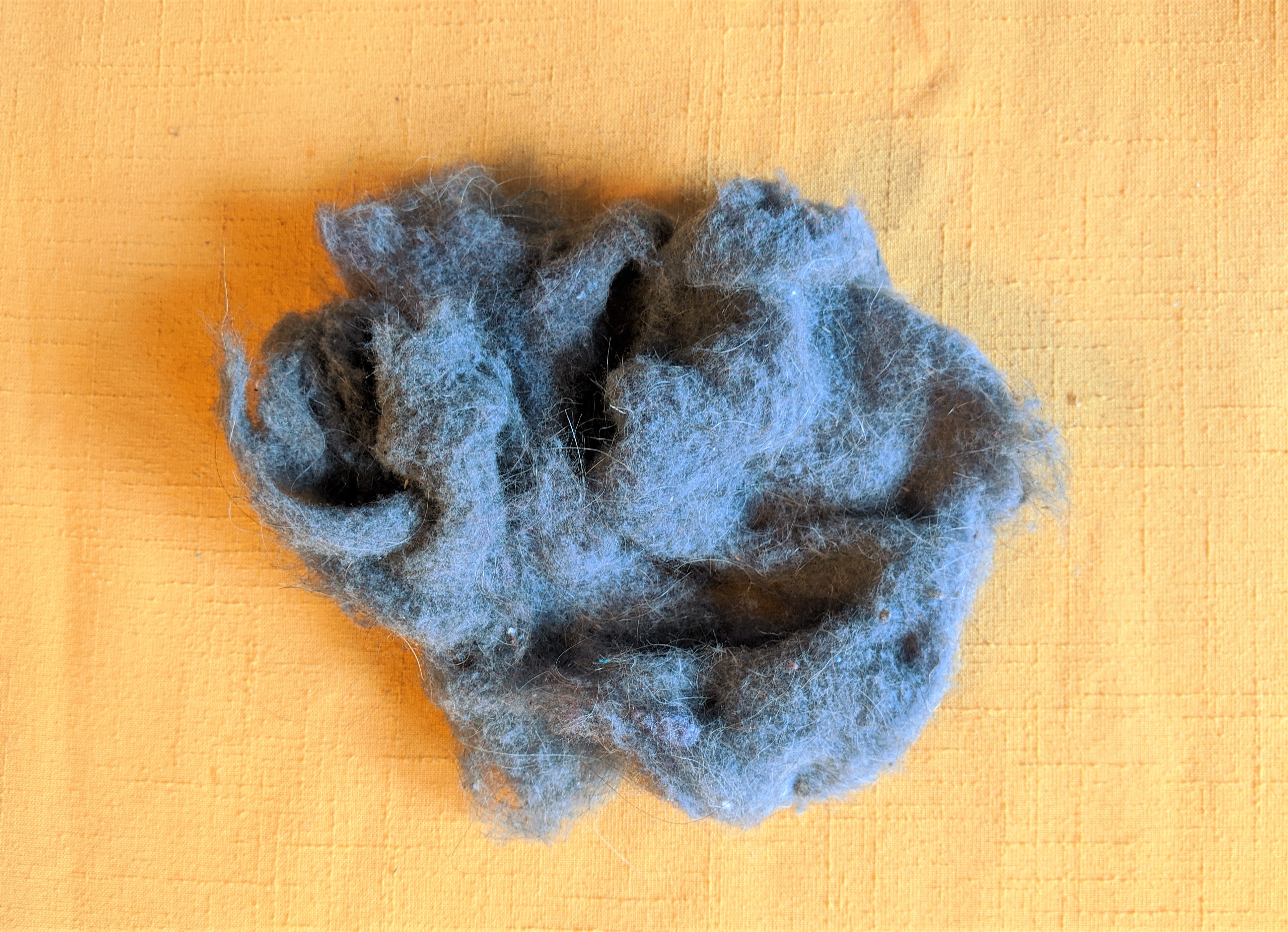
Dryer lint? Surprisingly, yes! The fibers can be broken down and decomposers like to eat it!
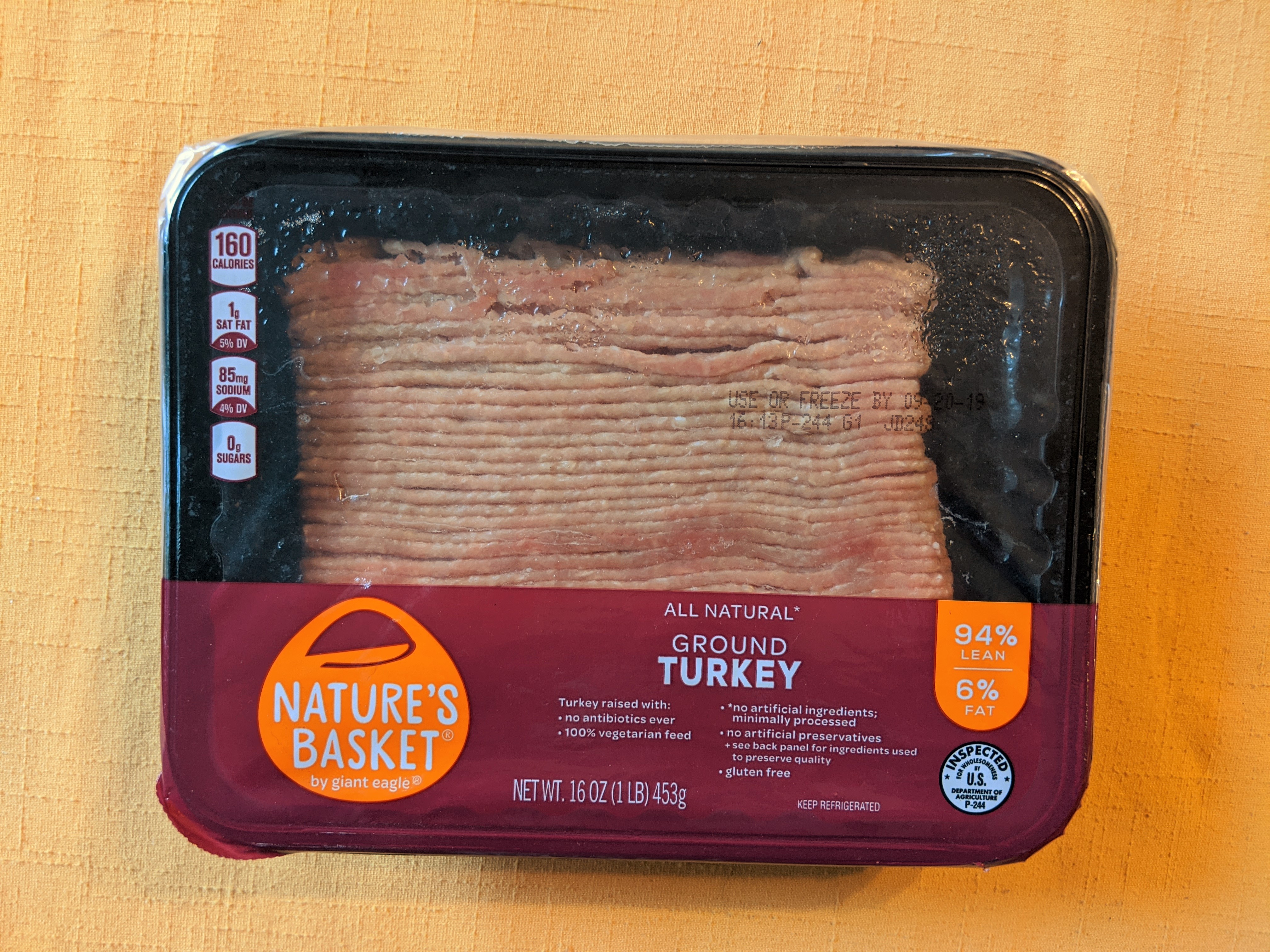
Meat? No, meat attracts flies, pests, and creates odors.
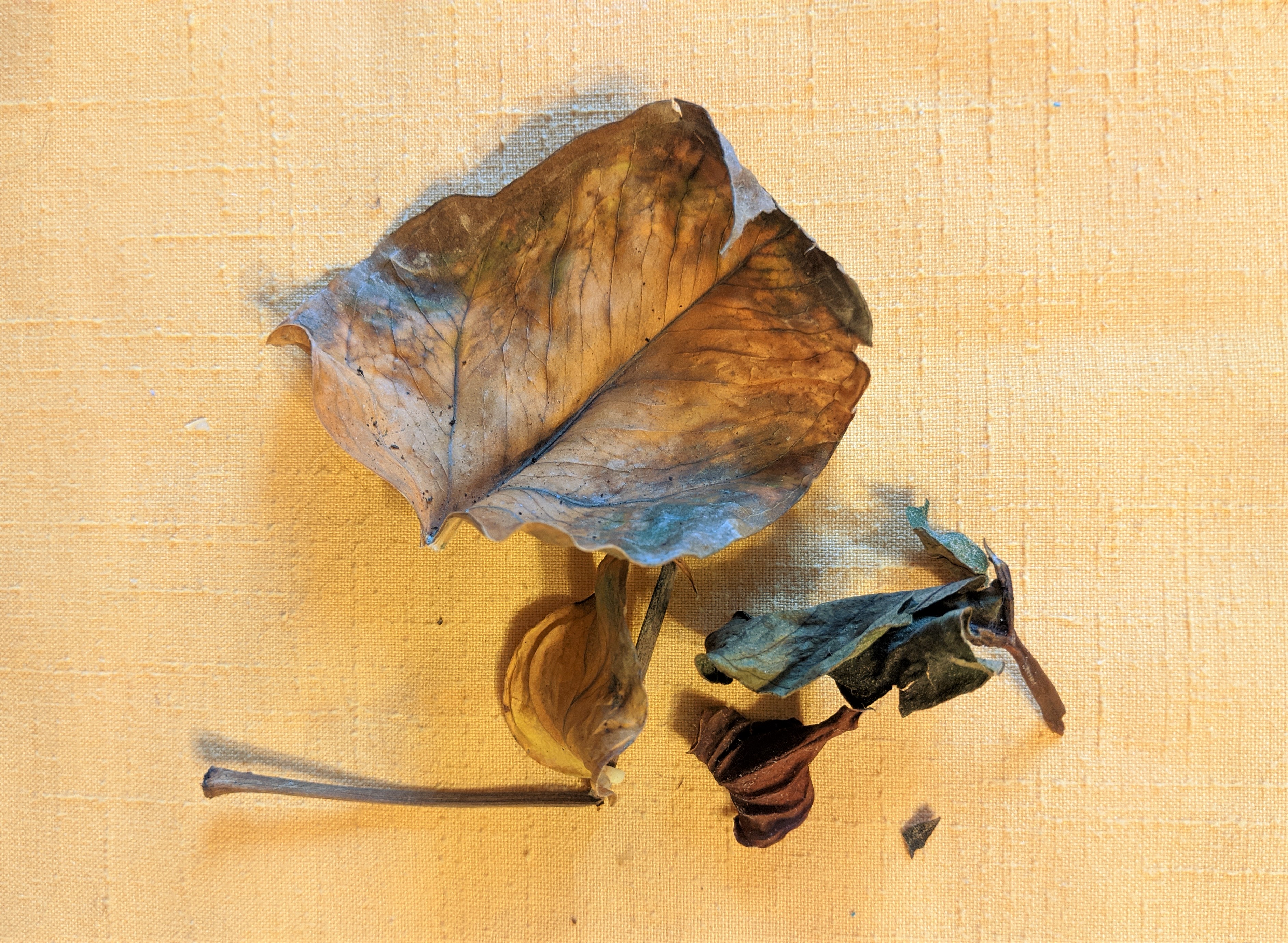
Dried leaves? Absolutely! Dried leaves are perfect for adding a layer of brown.
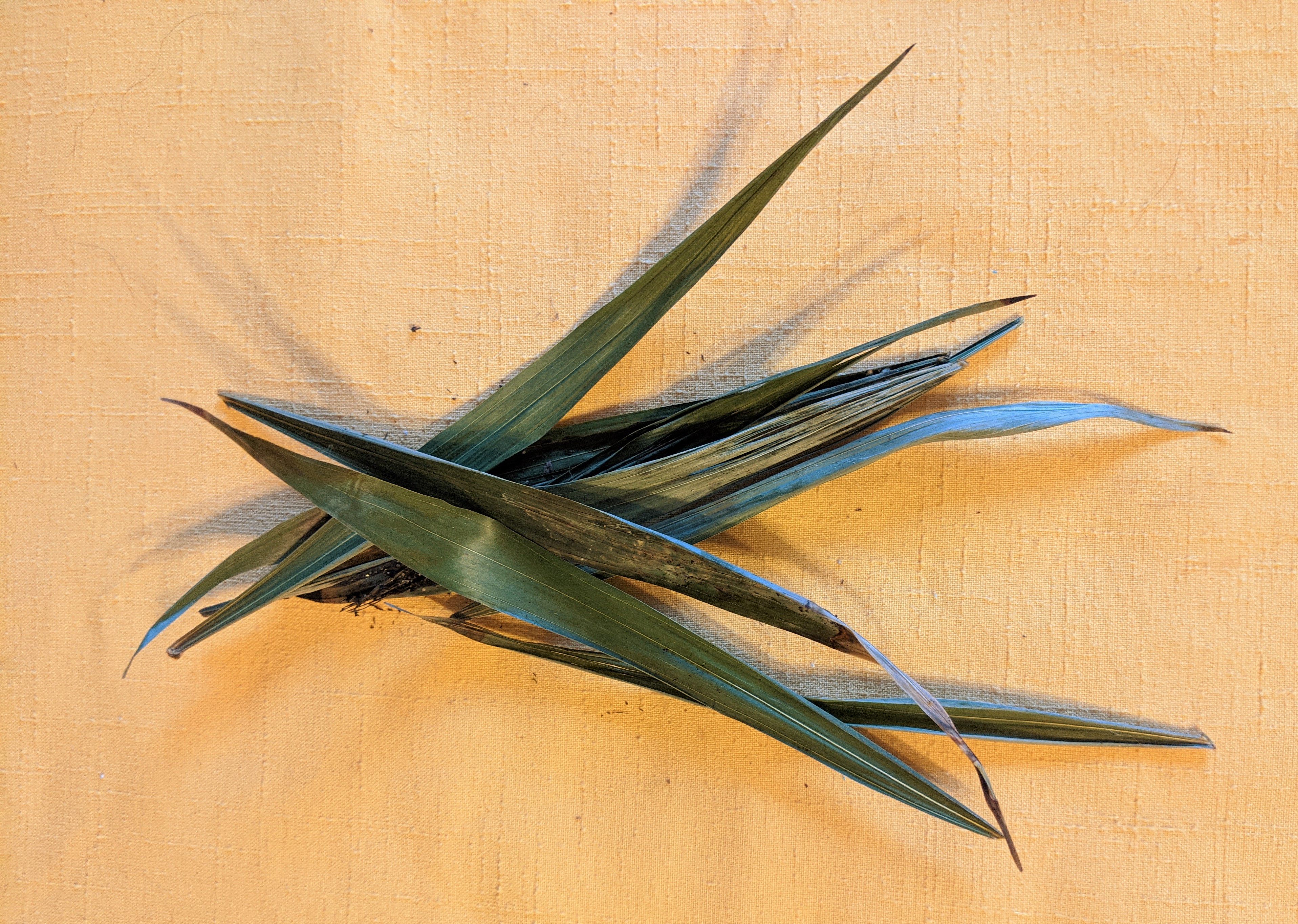
Green leaves? Absolutely! Most plant material can be added to compost. Just watch out for black walnut leaves and branches. They can be harmful to your garden plants if added to compost.
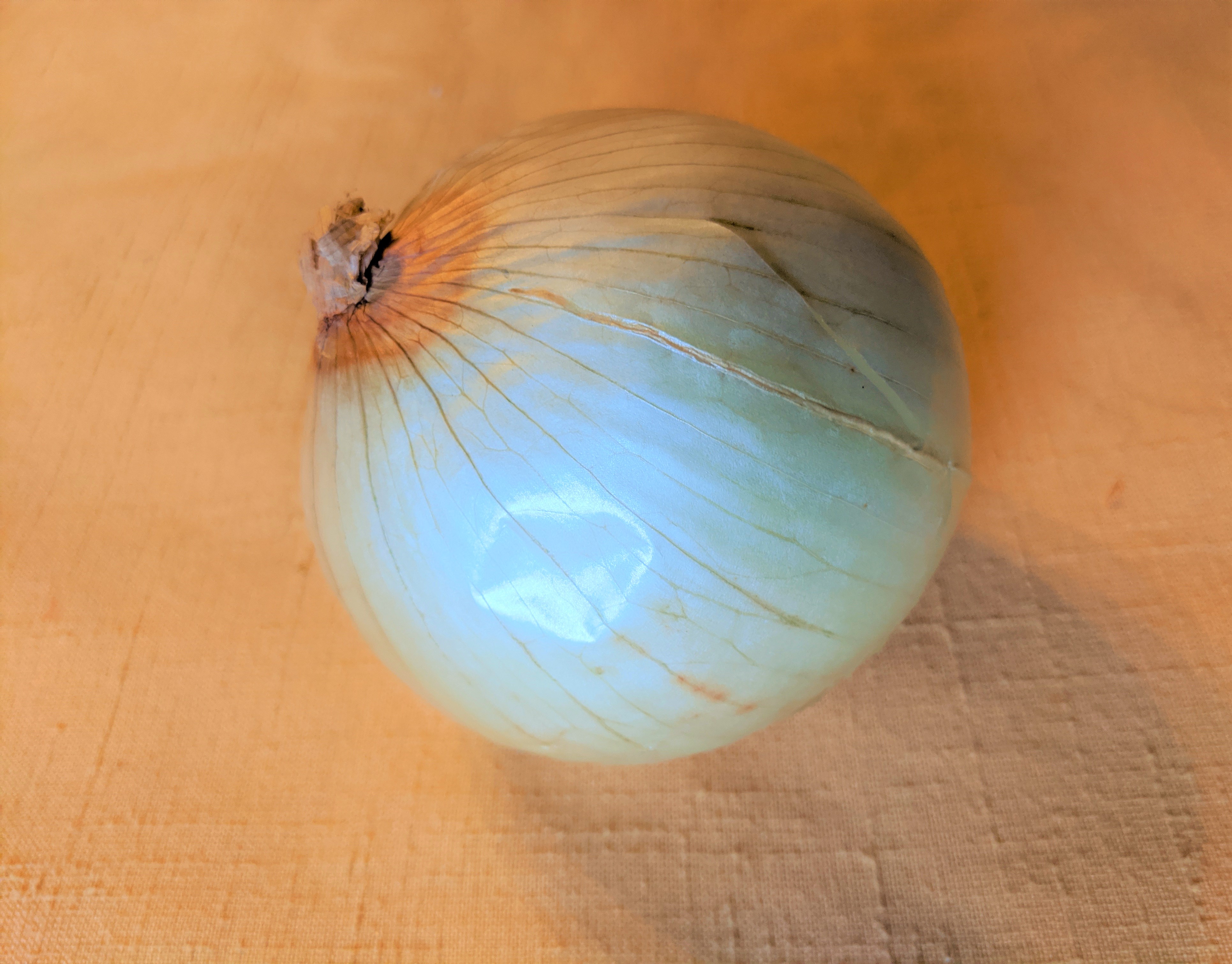
Onions? Maybe. Onions compost very nicely, but too many onions can be harmful for decomposers. It is best to chop them up into smaller pieces, and don't put onions in your vermicomposter. Follow the same rules for garlic, pineapple, grapefruit, and other acidic produce too.
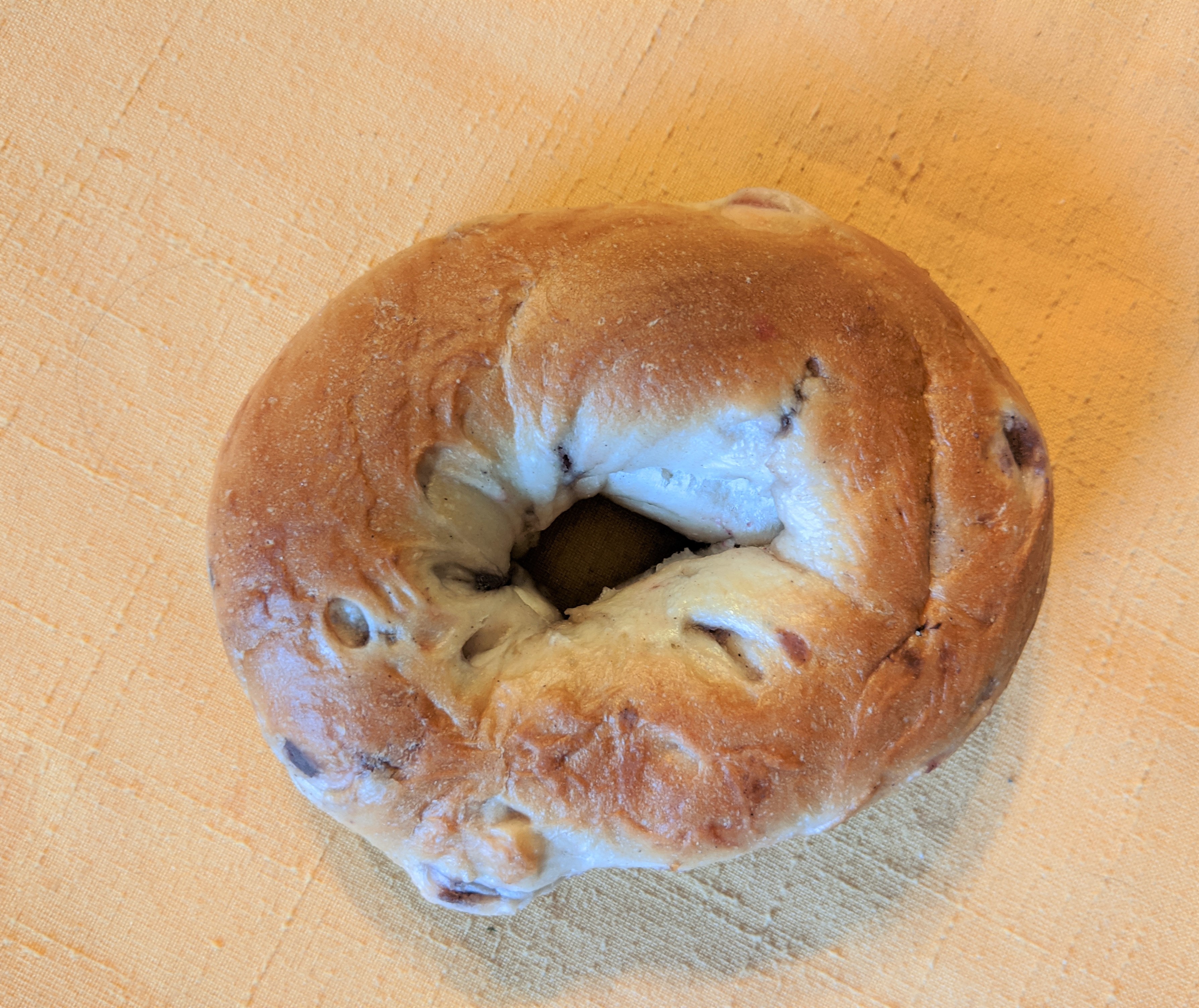
Bagels? Not usually. Bread products can create mold problems and are very attractive to pests.
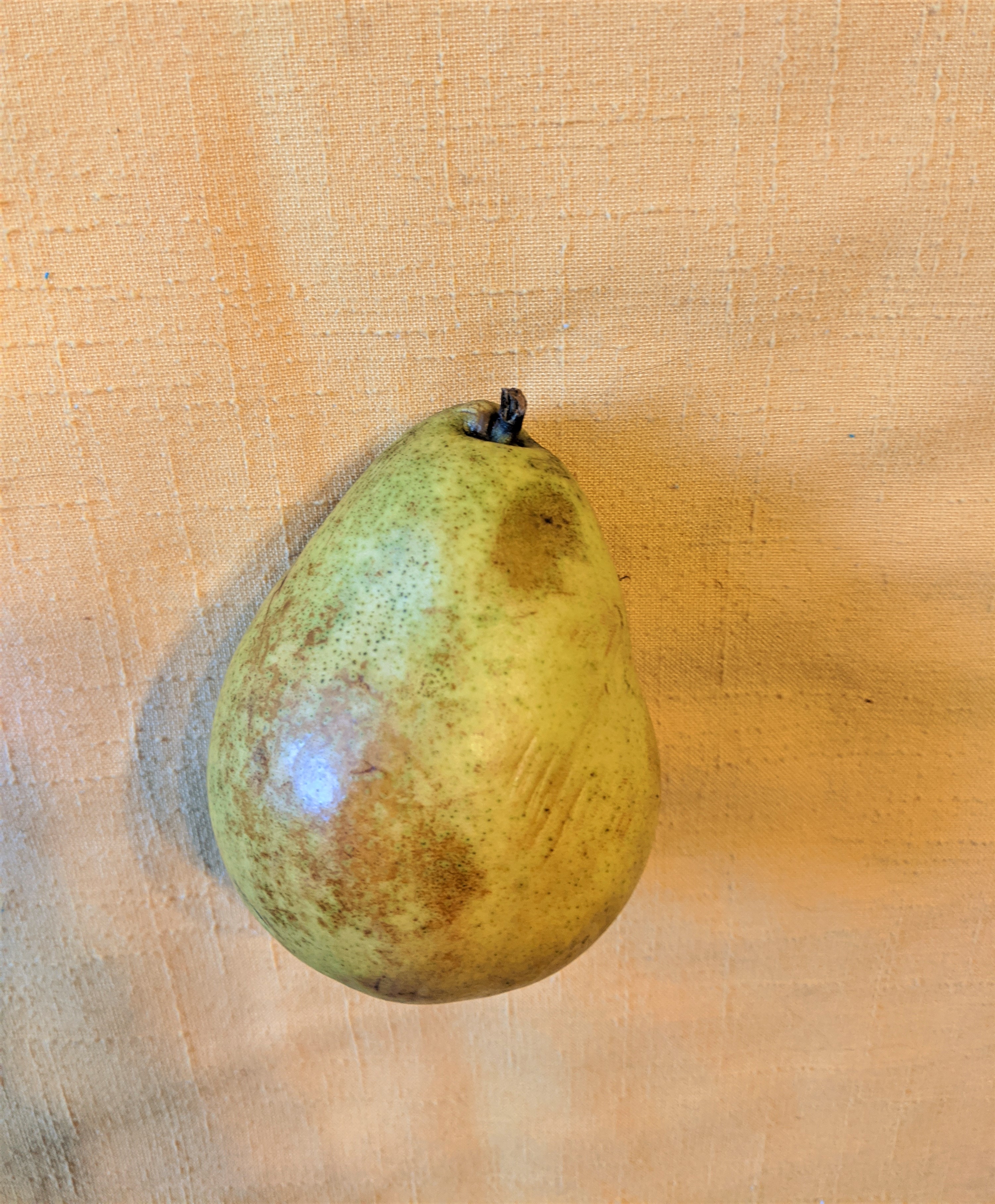
Pears? Definitely yes! Pears are soft and sweet, and they attract decomposers to your compost pile.
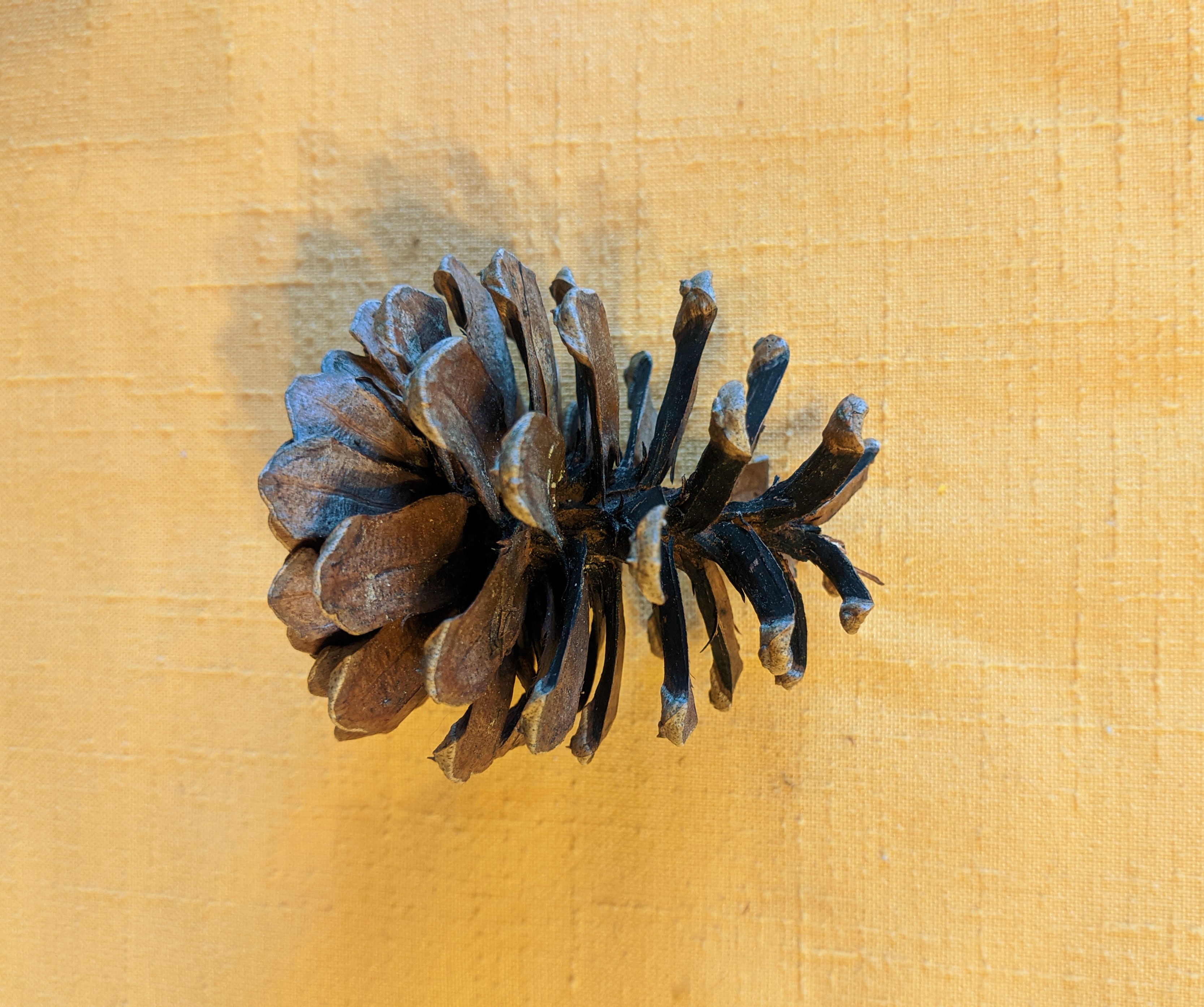
Pinecones? Yes, pinecones are a great example of brown material that you should add to your compost. A pinecone's shape also creates air pockets in you compost, which is beneficial.
Have a wonderful Earth Week and enjoy a rich composting experience!

